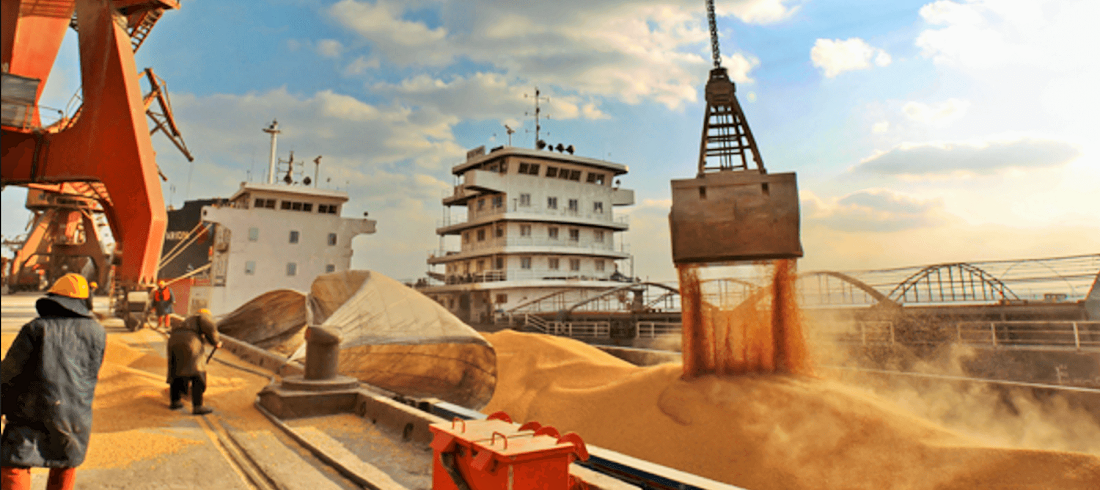Brazil’s soybean exports to China reached record levels in the first half of 2025, according to official data from Brazil’s National Supply Company (Conab) and Chinese customs.
This increase shows how Brazil is becoming even more important as a supplier to China, the world’s biggest buyer of soybeans.
From January to May 2025, Brazil sent 21.25 million tons of soybeans to China. In May alone, shipments jumped by 37% compared to the same month last year, reaching more than 12 million tons.
This happened after delays earlier in the year due to heavy rains and port congestion in Brazil, which slowed exports in April.
When the weather improved and ports cleared, Brazil caught up by sending large shipments in May.
China buys most of its soybeans from Brazil. In early 2025, almost 80% of Brazil’s soybean exports went to China.
China needs soybeans to feed its livestock and to make food products. Because of this, any change in Brazil’s harvest or shipping can affect food prices and supply in China and beyond.

Trade tensions between China and the United States have also played a role. China has bought fewer soybeans from the U.S. and more from Brazil in recent years.
In 2024, Brazil supplied almost three-quarters of China’s total soybean imports, while the U.S. share dropped to less than one-fifth.
Record Soybean Exports Cement Brazil’s Role in Feeding China
Brazil’s soybean harvest is growing. The country expects to produce nearly 168 million tons in the 2024/25 season, up from last year.
Most of these beans leave the country through major ports like Santos and Paranaguá. However, Brazil still faces challenges with storage and port congestion, especially when the harvest is at its peak.
For Brazil, these soybean sales bring in billions of dollars and support jobs in farming and shipping. For China, steady supplies from Brazil help keep food production stable.
For the rest of the world, this trade shows how closely countries are linked through agriculture and how quickly things can change when weather or politics get involved.
These shifts in soybean trade matter because they affect food prices, business profits, and even relations between countries.
As Brazil’s role grows, both countries depend on each other more than ever. Official data from both governments confirm these trends and figures.
Source link
https://findsuperdeals.shop/


